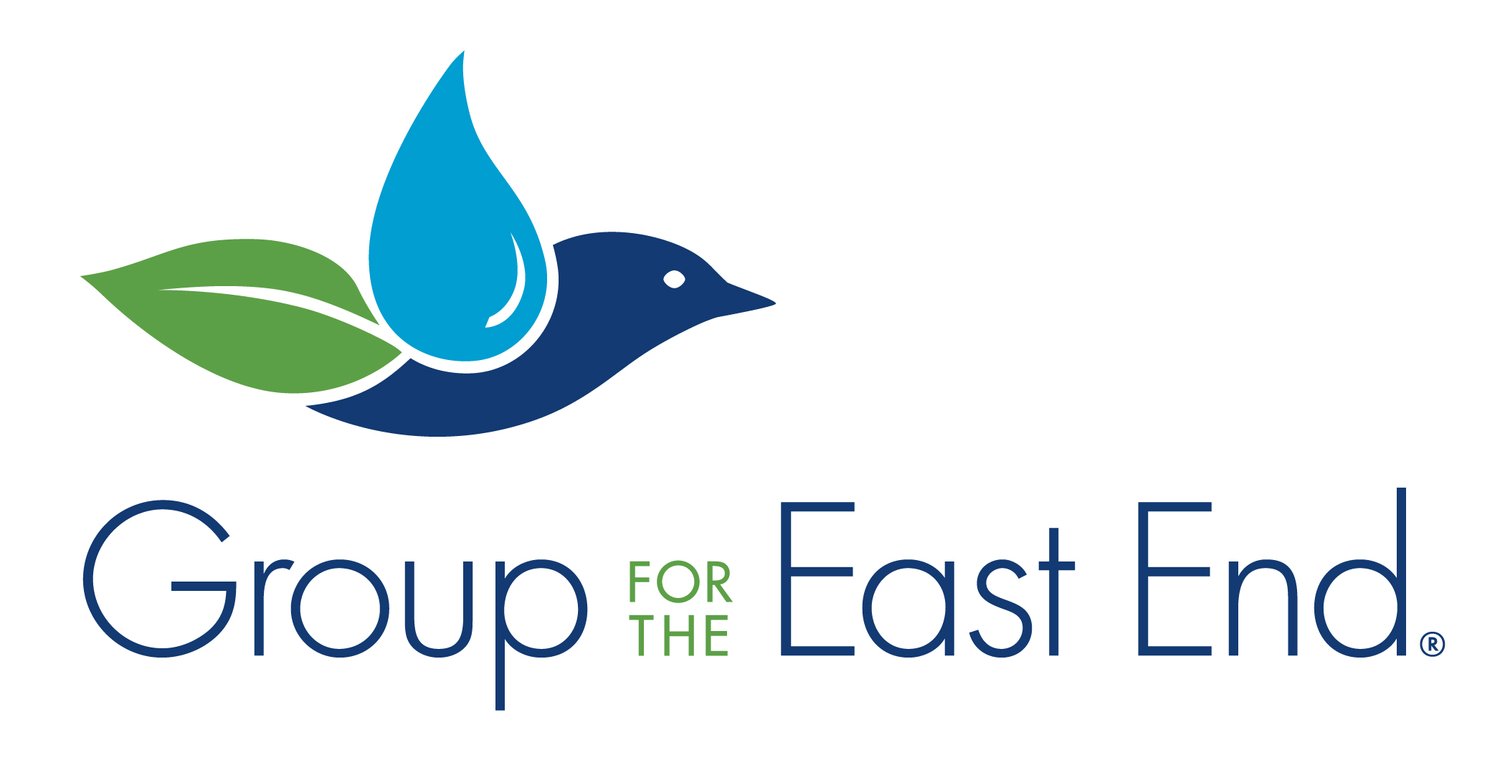“Be A Good Egg” on the Beaches This Summer!
BY MADISON HRYSKO, GROUP FOR THE EAST END ENVIRONMENTAL ASSOCIATE
Group for the East End’s environmental associates have been at East End beaches this summer to educate beachgoers about protecting migratory shorebirds by “sharing the shore.” Group staff have also been in classrooms teaching and helping students create educational signs about the nesting shorebirds. This “Be a Good Egg” program is funded by Audubon New York to bring awareness to the declining number of shorebirds. Piping plovers and least terns are two species of high priority because their nesting and reproduction is affected by habitat loss, human disturbance, storm tides, and high rates of predation by animals like foxes, raccoons, and dogs.
Piping plovers are masters at camouflage, blending in with the natural seascape of a north shore beach. Beachgoers who are unaware could be stepping directly next to or on a piping plover nest. They are important to protect for many reasons, including that these shorebirds serve as an indicator species, meaning that their survival shows the health of the beach ecosystem. For example, if there are sufficient piping plovers it would indicate that there is enough space for breeding and enough small crustaceans, insect larvae, beetles, mollusks, and other marine animal eggs for the birds to eat.
To aid in the protection of shorebirds, string fencing is set up on many beaches across Long Island. In fact, you may have seen some at your local beach. String fencing is used to deter people and predators from entering known or possible nesting sites. Usually the string fencing is set up before birds arrive, in areas where shorebirds may have historically nested or in areas where verified mating and nesting behavior have been documented.
The Group’s role in protecting shorebirds is primarily through education and outreach, encouraging people to “share the shore” and to take the “Be a Good Egg” pledge. Whether education is on local beaches, through classroom programming or partnerships with local organizations, spreading awareness on how to protect shorebirds is vital to keeping populations healthy.
If you see the Group on any East End beaches this summer, please stop by to say hello, learn more, and take the “Be a Good Egg” pledge! The pledge asks that we keep dogs on leashes and only on beaches where dogs are permitted, bringing your trash with you when you leave or making sure it’s placed in a proper receptacle, and to keep a safe distance from fenced off areas where birds are nesting. It’s that simple to Be a Good Egg!
Sources:
https://animaldiversity.org/accounts/Charadrius_melodus/
https://www.audubon.org/field-guide/bird/least-tern
https://www.dec.ny.gov/animals/7094.html
https://www.dec.ny.gov/animals/7086.html
https://longislandsoundstudy.net/ecosystem-target-indicators/piping-plovers/

